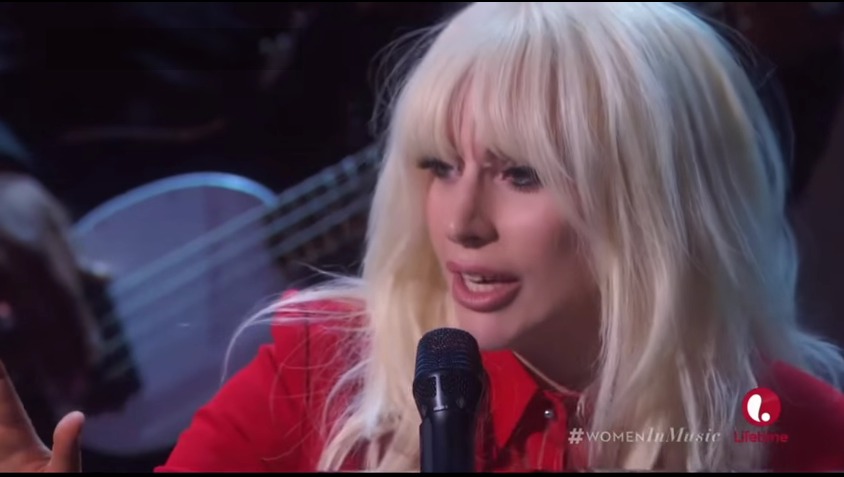This op-ed by Amy Ziering and Kirby Dick originally appeared in the Guardian.
Much as there are people who deny the existence of climate change, or the public health value of vaccines, there are those who have tried to cast doubt on the incontrovertible: sexual assaults are rampant on our college campuses.
Deniers insist that key statistics on campus sexual assault are inflated or indeterminate – and some journalists who should know better are buying into this myth. We saw this most recently in Alia Wong’s article last month in the Atlantic, which claimed: “Every statistic about campus sexual assault seems to be contradicted or challenged by another one” as well as in a article by Emily Yoffe in Slate which alleged that “studies suggesting this [is an] epidemic don’t hold up to scrutiny.”
The truth is that studies over several decades have repeatedly confirmed that, though exact percentages may vary, there are extremely high rates of sexual assault on US campuses.
National studies – including one released this week by the Department of Justice – show as many as one in four women are sexually assaulted in college. This follows the Washington Post/Kaiser Family Foundation study from June of and the more than 150,000 students who responded last year to the Association of American Universities survey, both of which clearly established that sexual assault in college is a serious public safety problem.
Rape deniers try to dismiss these studies because they include some “lesser assaults” like groping and forced kissing in their numbers. But the truth is those assaults are crimes and many are felonies.
There is one outlier study that deniers invariably point to – the National Crime Victimization Survey (NCVS), which found a much lower rate of sexual assault. What they never disclose is that this study has been severely criticized by the National Academies of Sciences, which – in a 278-page report - unequivocally concludes that the NCVS sexual assault prevalence numbers are unreliable.
Among other criticisms, the report found that the NCVS study failed to count sexual assault while incapacitated (which in one survey accounts for more than 50% of college sexual assaults). Moreover, it erroneously based its calculations on an average student attending college for 3.5 years, when the average student now takes nearly six years to graduate, resulting in a potential undercount of up to 40%.
Suggesting we cannot trust the science is an age-old tactic to distract the public from the truth. These attempts to manipulate public opinion and minimize the epidemic are reminiscent of misinformation campaigns waged around concussions in the NFL and around climate change.
In fact, some who deny the sexual assault epidemic also denied climate-change. In a article about An Inconvenient Truth, an Academy Award-winning documentary about global warming, Emily Yoffe wrote that it is “hard to believe assertions that the science on the future of our climate is settled,” and “just because something can be plotted on an X and Y axis does not make it the whole truth”.
The truth is that we can, and must, rely on scientists to provide us with information about the nature and extent of the problem, and denying their expertise is a sure path to tragedy.
Those who attempt to discredit the work of these scientists and claim sexual assault is too hard to quantify do much more than mislead the public; by encouraging our country to ignore this crisis, they contribute to the problem. It’s time we come together to move beyond these harmful misinformation campaigns, acknowledge this problem and create real and effective change for the sake of our nation’s college students.

